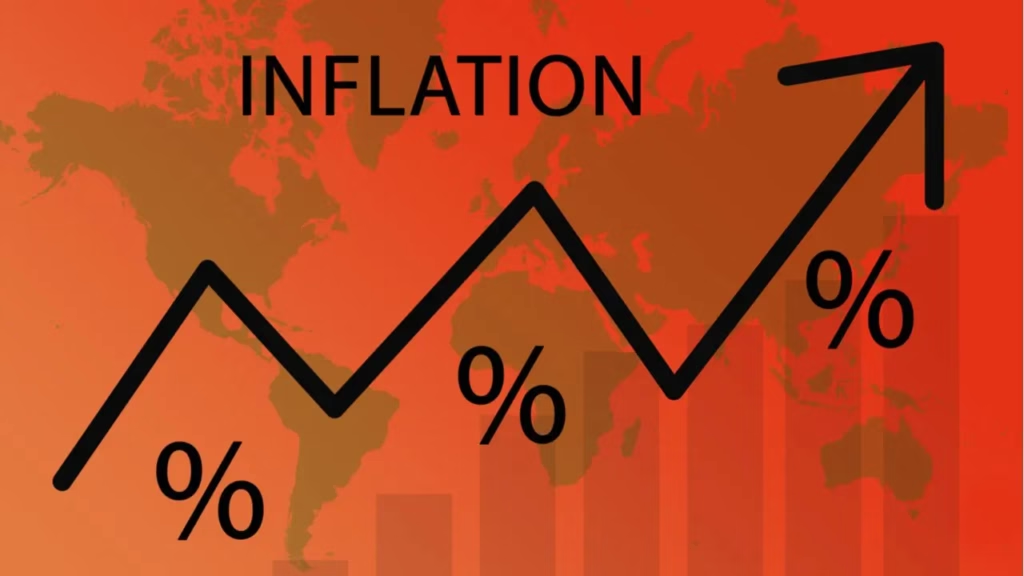Nigeria’s inflation rate fell for the fourth consecutive month in July 2025, dipping to 21.88% from 22.22% in June, according to data released Friday by the National Bureau of Statistics (NBS). The gradual decline, observed since April, signals tentative progress in stabilizing prices amid prolonged economic pressures, though tensions persist in key sectors like food costs.
While year-on-year inflation eased, month-to-month price pressures rose slightly. The headline inflation rate for July climbed 1.99% compared to June’s 1.68%, reflecting a 0.31% acceleration. Food inflation, a critical driver of Nigeria’s cost-of-living crisis, showed mixed trends: annual food inflation softened to 22.74% in July from 21.97% in June, while the monthly rate declined marginally to 3.12% from 3.25%. The NBS attributed the improvement to seasonal harvests and government interventions, though affordability challenges linger for staples like rice, grains, and vegetable oils.
The Central Bank of Nigeria (CBN) held its benchmark interest rate steady at 27.5% in July, signaling caution despite emerging signs of slowing inflation. Analysts suggest the latest data could influence the Monetary Policy Committee’s next decision, particularly as borrowing costs remain at a historic high to curb spending and stabilize the naira. Economists warn, however, that rising month-on-month inflation underscores persistent volatility, with structural hurdles like fuel subsidies, currency fluctuations, and supply chain disruptions still weighing on recovery efforts.
The gradual cooling of inflation aligns with broader stabilization measures, including tightened monetary policy and agricultural support programs. Yet food insecurity remains acute, with over 24 million Nigerians projected to face hunger in 2025, per World Food Programme estimates. While the NBS report offers cautious optimism, households and businesses continue grappling with elevated costs. Markets will closely watch the CBN’s next move, as policymakers balance growth incentives against inflationary risks in Africa’s largest economy.
